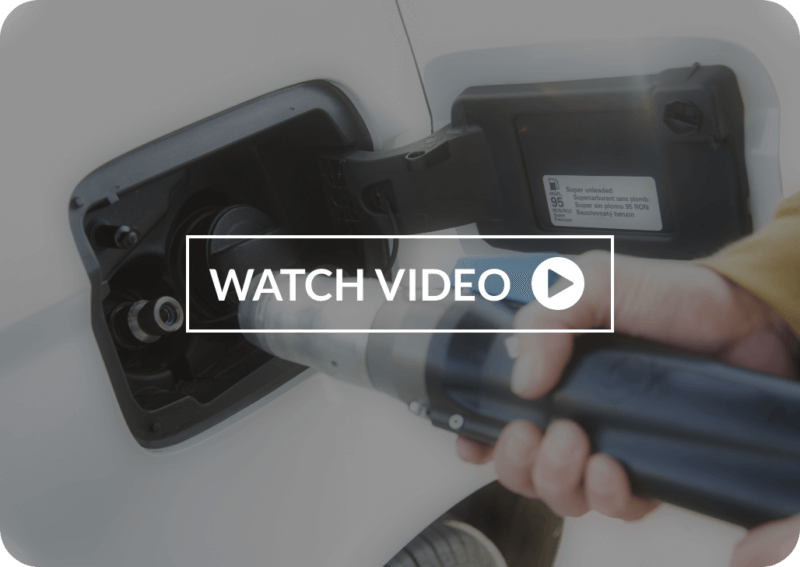Fuel Your Fleet with Natural Gas
Drive down costs and emissions with natural gas fuel. On the road across the U.S. today, there are more than 175,000 Natural Gas Vehicles (NGVs). In Florida alone, there are several hundred registered vehicles that run on natural gas. It’s easy to see why. Natural gas is an abundant, low cost and low-emission alternative compared to traditional transportation fuels like gasoline or diesel. Discover the benefits of switching to natural gas to fuel your fleet.
Reduced Fuel Costs
In the most recent one-month period available at press time, Compressed Natural Gas (CNG) cost less than gasoline and diesel by more than $1 per gasoline gallon equivalent (GGE) in the Lower Atlantic Petroleum Administration for Defense District, which includes Florida. NGVs are also typically less costly to maintain than diesel trucks, as they don’t require any diesel particulate filter (DPF), DPF regeneration or waste disposal, selective catalytic reduction, or diesel emission fluid.
Lower Emissions
Natural gas vehicles are also part of a greener future. Compared to diesel, Renewable Natural Gas (RNG) reduces CO2 and greenhouse gas emissions by up to 582%, CNG by 17% and Liquified Natural Gas (LNG) by 11%, according to The Transport Project. RNG can be used as a transportation fuel in the form of CNG or LNG. It qualifies as an advanced biofuel under the Renewable Fuel Standard. In a one-year period, RNG as a transportation fuel lowered greenhouse gas emissions equivalent to 17,810,353,003 miles driven by the average passenger car. Plus, it offset a total of 6.96 million tons of CO2 emissions in 2023. When NGVs operate at slower speeds, idle or in stop-and-go traffic, they also decrease in emissions, while diesel vehicles increase in emissions. Additionally, NGVs have a smoother, more silent engine performance than gasoline or diesel engines, resulting in less noise pollution and a more enjoyable ride for Florida drivers.
Abundant Supply
Did you know that America has a 90-plus year supply of conventional natural gas? Additionally, the vast majority of the U.S. natural gas supply is produced domestically. For Florida businesses that utilize fleet vehicles, this abundance provides reassurance. You don’t have to worry about a natural gas shortage or subsequent price gouging. That’s especially important for Floridians during hurricane season (June 1 – November 30). Leading up to a hurricane, there’s often a high demand for gas, leaving some having to stretch out their supply and others parked completely. Meanwhile, natural gas fleets are typically able to continue business as usual.







